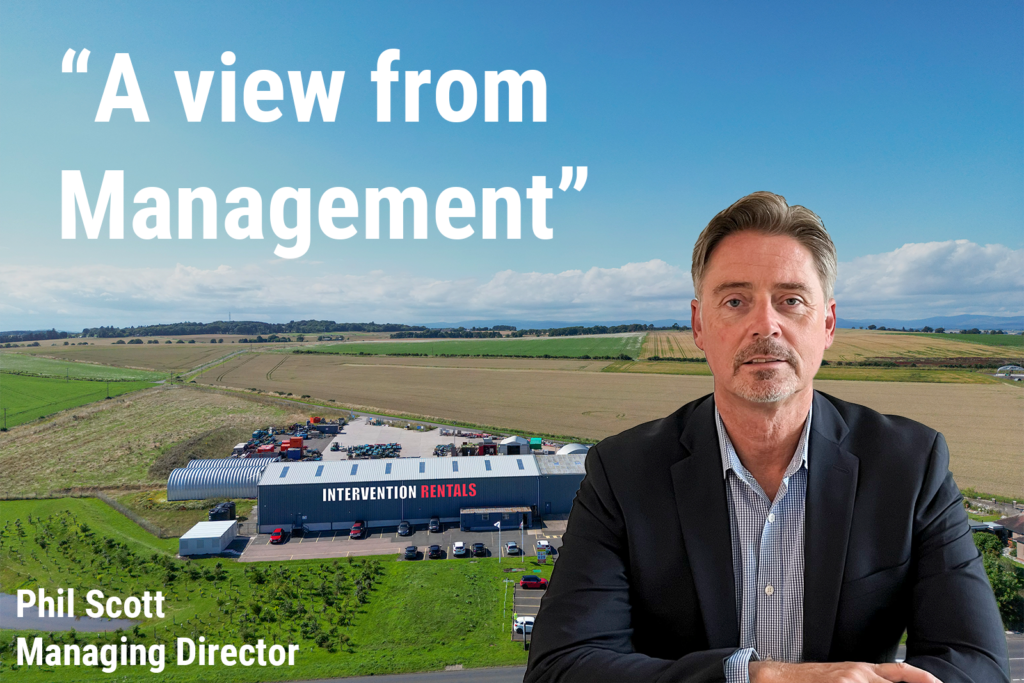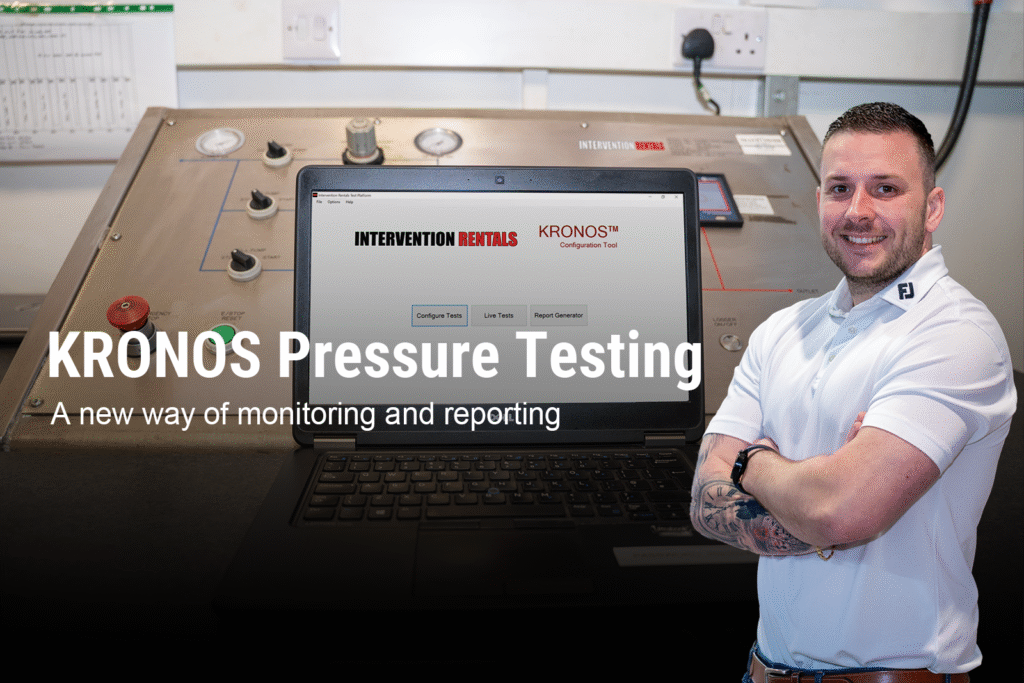The Intervention Rentals MD comments on the state of play in their area of the service sector, how the management team have positioned the company and what he hopes for the future.
As an SME in the energy supply chain, it is important that we keep engaged across many macro and micro situations that can impact our activities. In addition to external forces, we must focus on what we can influence ourselves. One of the more immediate and measurable areas for growth is employee engagement. Communications like townhalls, direct engagement, enhanced training, social committees and health assessments directly benefits safety, retention, efficiency and productivity. A priority for us is keeping our personnel engaged and safe. We are committed to the saying, “we want everyone to go home in the same or better condition than when you arrived”. During lockdown, we were in a fortunate position to be able to keep everyone employed and as active as we could, and this sentiment continues to run through the management team. It is in everyone’s benefit to ensure that the company and its workforce will be here for the long run.
Its been a unique couple of years since the height of covid with regards to investment and activity in the North Sea. On the one hand we have seen increased activity, which we warmly welcome, news of the NSTA granting consent to the likes of Rosebank as well as the government’s decision to grant additional licenses to maintain energy security. This we hope will have an uptick in operator activities, even with the widely unpopular energy windfall tax still hanging over the sector like a cloud, but there are reasons to be optimistic moving forward.
When we look at how our sector is doing, we see from the earnings calls of the tier 1 service companies, that the likes of Halliburton, Schlumberger and Baker Hughes are continuing to strive for more innovation and look to broaden their offerings but are however are cutting back on capex to improve balance sheets and return cash to investors. These top tier companies represent a large part of our customer base and as they focus on financial discipline, we need to ensure that we are ready to meet that challenge with regards to resource availability.
So how can a SME, like Intervention Rentals, position and manoeuvre for the future? Expansion is a key factor in our long-term business plan. We have upgraded our Lunan facility, improved and increased our capacity and added staff and shift patterns to make us responsive and nimble. The Middle East region is an important are of growth for us, one that we are embracing moving forward. Our Middle East business currently operating in Saudi Arabia and the UAE has seen significant investment and regional support in the form of new premises, additional assets, key points of contact and milestone deals with key partners. As a result of our overall strategy we are perfectly positioned to support our current customer operations, Decom and Abandonment in the North Sea and Europe is also very much in focus, as we continue to support gas cavern and gas storage clients.
Sustainability is a very popular term these days and it’s great that so much has been achieved in such a short space of time. It has added significance for us because as a management team, we are always thinking about sustaining Intervention Rentals for the future years, working to support whatever industry will be around then, but always with an eye on how we maintain the planet for the next generations. We have looked at different ways that we can enter and improve the sustainable and renewable sectors, and have had some incredibly fascinating conversations with sector leaders. We are now working with waste heat to power partners and academia to produce measurable results to the environment and to future energy supply, watch this space in 2024.
We believe that by engaging, training and harnessing a motivated workforce, investing proactively and thoughtfully and broadening our horizons, we can make sure we can benefit every community we are in for years to come.
See our latest appearance in the OGV “Risk and Safety Management” magazine Issue 75


